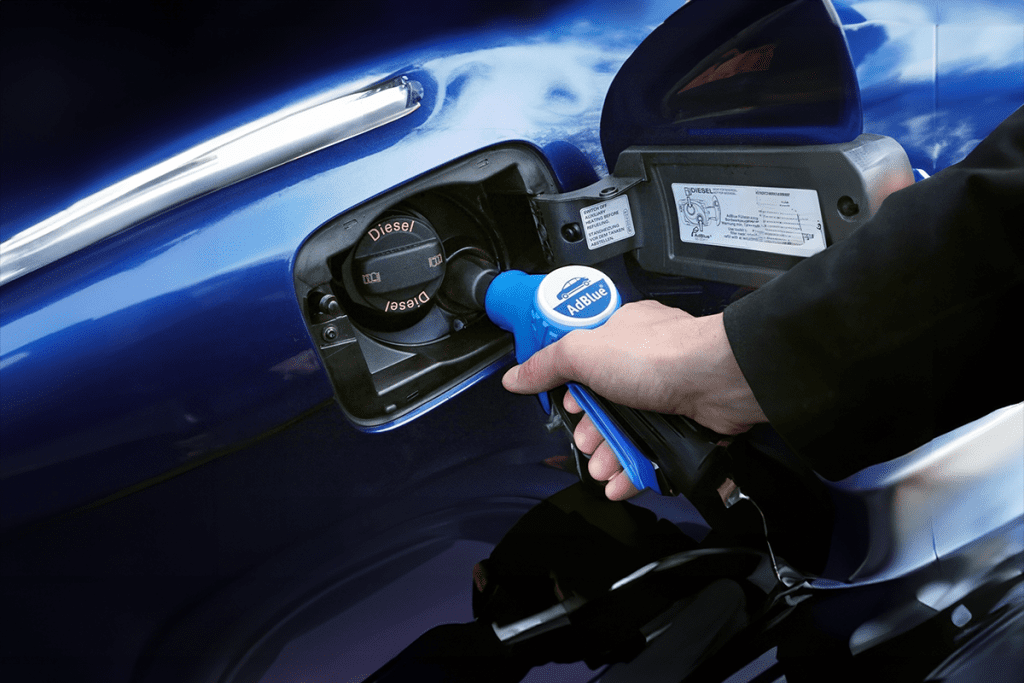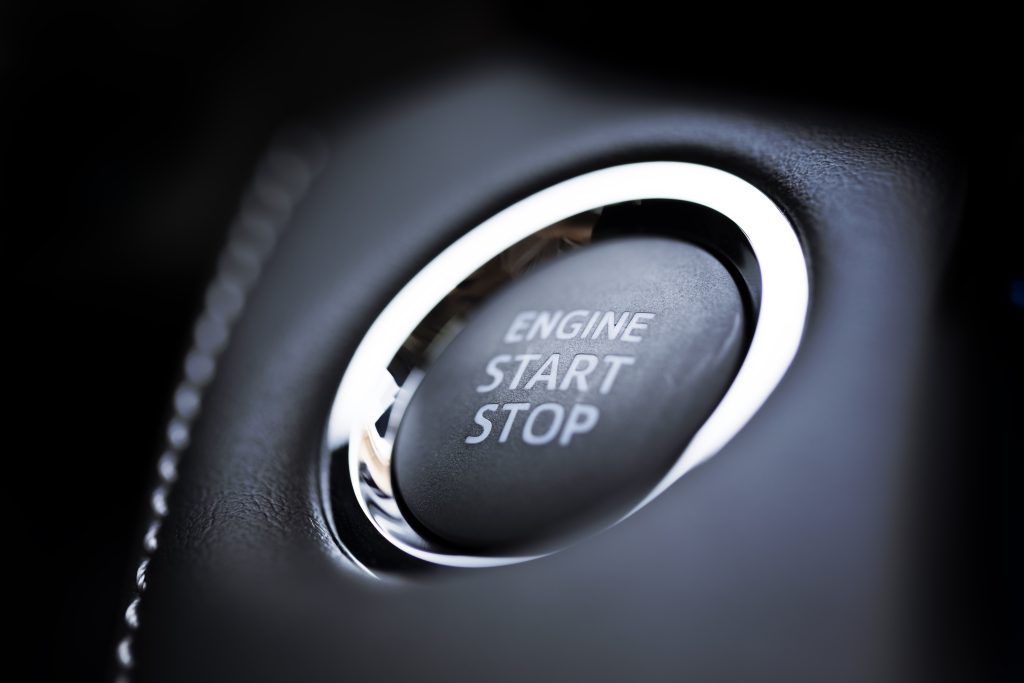In an era where environmental concerns dominate global discussions, the automotive industry is under immense pressure to innovate and reduce its carbon footprint. Diesel vehicles – once seen as environmentally unfriendly due to emissions – are now being reimagined to align with modern sustainability goals. Mercedes-Benz, a leader in engineering excellence, is at the forefront of this transformation ensuring that their diesel vehicles are not only high-performing but also contribute to a greener future.
This article will explore how Mercedes diesel vehicles are evolving in the quest for sustainability and what this means for eco-conscious drivers.

Efficient BlueTEC® Technology: Reducing Emissions Without Compromising Performance
One of Mercedes’ key contributions to sustainability in diesel vehicles is their BlueTEC® technology. BlueTEC® is a system involving emission-reducing technologies designed to minimise the environmental impact of diesel engines. Central to this is the use of a selective catalytic reduction (SCR) system that reduces harmful nitrogen oxide (NOx) emissions by converting them into harmless nitrogen and water vapour before they are released into the atmosphere.
By injecting a urea-based solution called AdBlue® into the exhaust system, BlueTEC® drastically cuts NOx emissions, one of the primary pollutants associated with diesel engines. The result is a cleaner, more eco-friendly driving experience that doesn’t sacrifice the performance diesel engines are known for.
For environmentally conscious drivers, BlueTEC® ensures that Mercedes diesel vehicles meet stringent emission standards while still delivering robust power and fuel efficiency.
Eco Start/Stop Function: Saving Fuel, Reducing Waste
Most Mercedes vehicles, including those equipped with their diesel engines, offer an Eco Start/Stop function – a simple yet effective feature that promotes sustainable driving by automatically shutting off the engine when the vehicle is stationary, such as at a red light or in heavy traffic. When the brake is released, the engine restarts instantly, allowing drivers to continue their journey without delay.
This technology reduces unnecessary idling, conserving fuel and lowering overall emissions. For city drivers, where stop-and-go traffic is common, the Eco Start/Stop system helps reduce fuel consumption and the carbon footprint of everyday commutes. Over time, this adds up to significant fuel savings, making it an environmentally responsible choice without affecting performance.
Advanced Aerodynamics: Streamlining Efficiency
Aerodynamics play a crucial role in reducing fuel consumption and emissions. Mercedes vehicles are meticulously designed with aerodynamics in mind, ensuring they glide through the air with minimal resistance. Features such as streamlined body shapes, smooth underbody panels, and (more recently) adaptive front grilles all contribute to lower drag, which in turn improves fuel efficiency.
The well-considered aerodynamics of a Mercedes vehicle make them an excellent choice for efficiency when coupled with an Mercedes diesel engine.
Fuel Efficiency and Lower CO2 Emissions
One of the primary advantages of diesel engines is their superior fuel efficiency compared to petrol engines. Diesel engines typically offer more kilometres per litre, meaning they consume less fuel over time. This efficiency translates directly into lower CO2 emissions, contributing to a smaller carbon footprint for each journey.
Mercedes diesel engines, particularly in models like the E-Class, GLE, and Sprinter vans, are designed with efficiency in mind. The use of advanced injection systems and turbocharging technology maximises fuel usage, allowing the vehicle to go further on less fuel. Ultimately, this means fewer trips to the pump and a reduced impact on the environment.

Compliance with Euro 6 Standards: Setting the Benchmark for Clean Diesel
Environmental regulations have become stricter over the years, with the Euro 6 emission standards setting the benchmark for vehicle emissions in Europe. Recent Mercedes diesel vehicles are fully compliant with Euro 6 standards, which impose stringent limits on pollutants like nitrogen oxides (NOx) and particulate matter.
Mercedes has gone beyond just meeting these requirements when they were set; they’ve developed engines that often exceed them. This commitment to cleaner diesel technology ensures that Mercedes drivers can enjoy the performance benefits of a diesel engine while knowing that their vehicle adheres to the highest environmental standards.
For markets like Australia, where emissions standards are also evolving, Mercedes’ global outlook to efficiency standards ensures that their diesel vehicles continue to exceed local regulations, contributing to local efforts to reduce automotive pollution.
Recyclable Materials and Sustainable Manufacturing
Mercedes doesn’t just focus on sustainability in their vehicles’ emissions and fuel efficiency—they also incorporate sustainable practices in manufacturing. Many of their diesel models are built using recyclable materials, from the upholstery to the metal and plastic components. Additionally, the company has made significant strides in reducing energy consumption and CO2 emissions in their factories by integrating renewable energy sources like solar and wind power.
Mercedes’ commitment to sustainability extends across the entire vehicle lifecycle—from the materials used in production to the recyclability of components at the end of a vehicle’s life. This holistic approach ensures that every Mercedes diesel vehicle has a smaller environmental footprint from start to finish.
Driving Modes That Optimise Efficiency
Many Mercedes diesel vehicles – especially cars and SUVs – come equipped with customisable driving modes that allow drivers to prioritise efficiency when they want to minimise their environmental impact. For instance, in ECO mode, the vehicle optimises throttle response, shifts gears earlier, and reduces power consumption from auxiliary systems to conserve fuel.
By giving drivers the ability to choose more fuel-efficient driving settings, Mercedes encourages sustainable driving habits. Whether on a long highway journey or a short urban trip, these driving modes allow for a greener approach to everyday travel.

In conclusion…
Sustainability and performance may once have seemed like opposing goals, but Mercedes-Benz has proven that diesel vehicles can contribute to a greener future without sacrificing the power, luxury, and efficiency drivers expect. With cutting-edge technologies like BlueTEC®, aerodynamic design, different driving modes, and eco-friendly manufacturing practices, Mercedes is driving the diesel engine into a new era of environmental responsibility.
For drivers who want to reduce their carbon footprint without compromising on performance, Mercedes diesel vehicles offer a compelling solution. Whether you’re a city driver looking for fuel efficiency or someone who appreciates the long-range capability of a diesel engine, choosing a Mercedes diesel vehicle means contributing to a more sustainable future while enjoying the luxury and engineering excellence the brand is known for.
